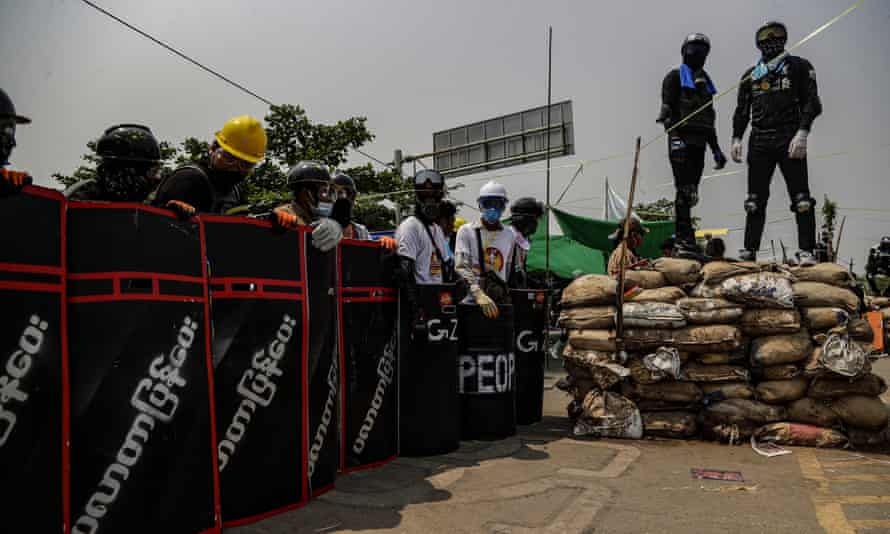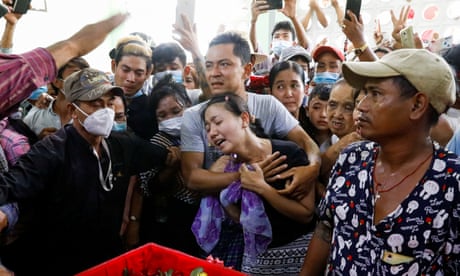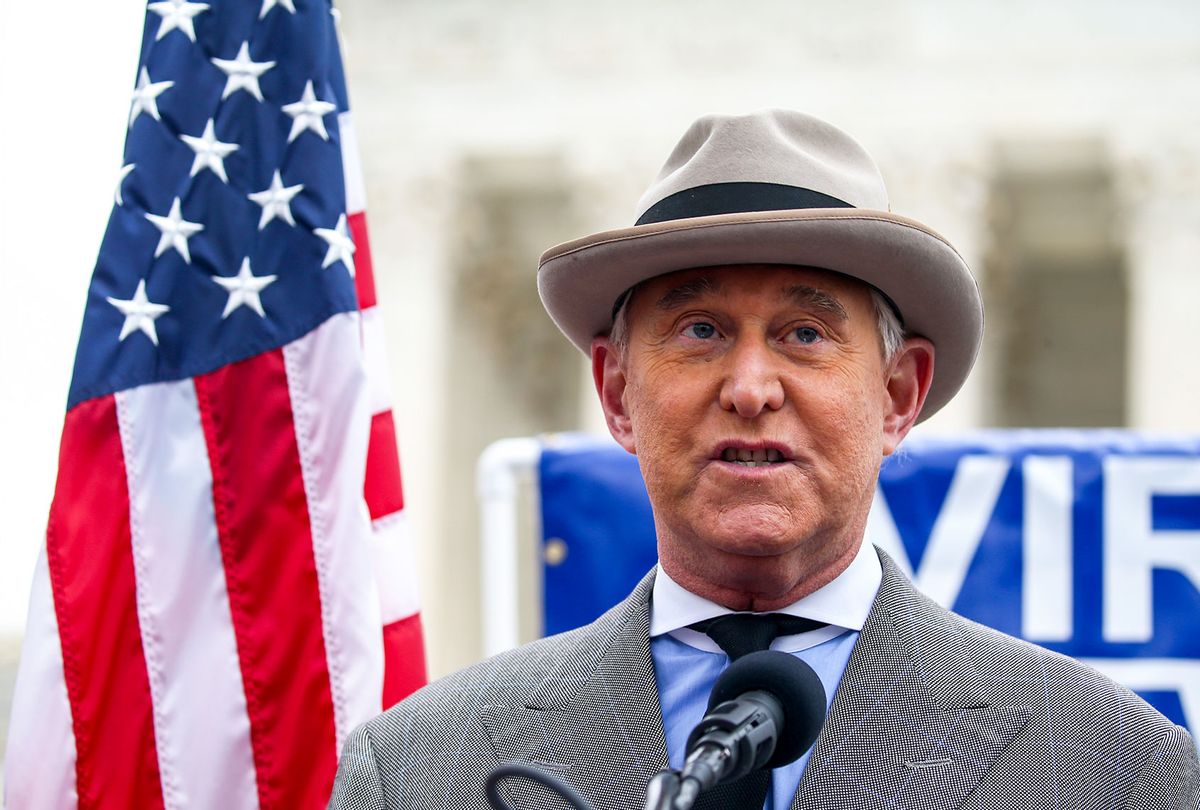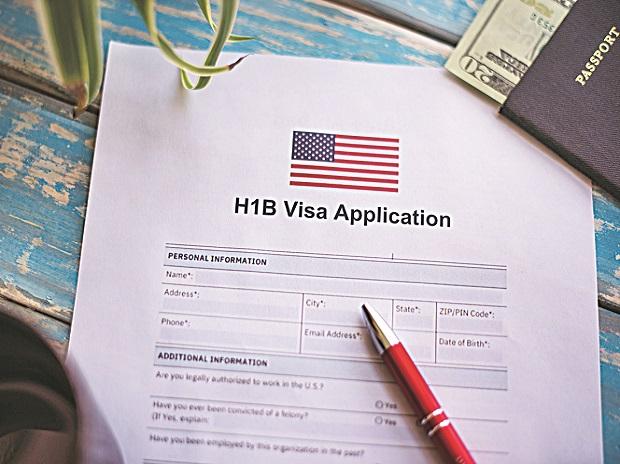CHINA
Discovery sheds light on ancient cosmetics(China Daily) March 13, 2021
Remains of cosmetic face cream unearthed in Weinan, Shaanxi province. CHINA DAILY
Remains of cosmetic face cream unearthed in Weinan, Shaanxi province. CHINA DAILY
Researchers confirmed recently that traces of a substance found in an over 2,000-year-old jar are a cosmetic face cream for men that was used to whiten the skin, illustrating that the desire to be physically attractive, as measured by the standards of the day, is a shared wish of both ancient and modern man.
After several years of complex analysis, six grams of residue in a delicate, sealed bronze jar found in 2017 in the grave of an ancient Chinese nobleman of the Spring and Autumn Period (770-476 BC) is thought likely to be a cosmetic, adding a significant new piece to the puzzle of early human activity, experts said.
The Liujiawa Site in Chengcheng county of Weinan, Shaanxi province, where the grave was discovered, was the capital of the Rui State in the early to middle part of the period.
After completing a complex chemical analysis, researchers proved the residue was made of ruminant fat mixed with monohydrocalcite that was probably used as a whitening face cream, said Sun Zhanwei, a researcher of the Shaanxi Academy of Archaeology, who led the Liujiawa field excavation project.
"It's the oldest cosmetic for males ever discovered in China and the oldest face cream so far. It is more than 1,000 years older than previous written records," he said.
Most historical records of males using cosmetics have been found in the era of Three Kingdoms (220-280). They tell the stories of famous handsome noblemen, such as Cao Zhi and He Yan. But the new findings showed that certain social customs existed far earlier, he said.
"Besides beautifying the skin, use of cosmetics is also related to the social environment, which underwent drastic changes."
Small bronze jars are often found in graves of nobles, and are a symbol of the aristocratic class.
"Nobles used cosmetics as a way to lead fashion trends and to express their cultural identity," Sun said. "They also confirm the pursuit of a refined life and beauty among ancient Chinese men. Although we have no idea on what occasions the Liujiawa nobleman might have used the face cream, it should be regarded a precious item, as it was important enough to be put into a grave."
The find also provides an important reference for studies concerning the rise of the cosmetics industry and application of fat in the handicrafts industry, Sun added.
The rim of the jar is elliptical, with a major axis of 5.5 centimeters and a minor axis of 4.3 cm. The height of the jar is 5.9 cm. Its surface has complex and refined artistic patterns.
The jar was found in the northwestern corner of the grave, far away from other bronze containers in the southeastern corner that were used for sacrificial rituals, banquets and funerals. The placement suggests that the function of the jar is different from the others, Sun said.
Some archaeologists suspected the jar contained cosmetics, but there was no hard evidence. Samples of the residue were sent for analysis to the University of the Chinese Academy of Sciences in Beijing.
"Cosmetics have a long history in China, though their origin has remained unclear. They potentially originated in the Spring and Autumn Period but little is known about its early manufacture and use," according to a paper co-written by researchers from the university, together with the Shaanxi Academy of Archaeology, Peking University and the Max Planck Institute for the Science of Human History in Germany. The paper was published in the journal Archaeometry in February.
"This work provides an early example of cosmetics production in China and, together with the prevalence of similar cosmetic containers during this period, suggests the rise of an incipient cosmetics industry," the paper said.
The paper added that monohydrocalcite, an ingredient in the cream, came from moonmilk, a special stalactite found in some limestone caves, and was likely collected by Taoists.
The Taoist school, a philosophical discipline originating in the Spring and Autumn Period, features the doctrine of longevity, immortality and salvation. Taoists admire caves and have hosted rituals in prestigious ones. Caves are considered metaphorical wombs that enable rebirth. Exploitation of the moonmilk reflects the link between early Taoists and cosmetics production for the aristocracy, the paper said.
After several years of complex analysis, six grams of residue in a delicate, sealed bronze jar found in 2017 in the grave of an ancient Chinese nobleman of the Spring and Autumn Period (770-476 BC) is thought likely to be a cosmetic, adding a significant new piece to the puzzle of early human activity, experts said.
The Liujiawa Site in Chengcheng county of Weinan, Shaanxi province, where the grave was discovered, was the capital of the Rui State in the early to middle part of the period.
After completing a complex chemical analysis, researchers proved the residue was made of ruminant fat mixed with monohydrocalcite that was probably used as a whitening face cream, said Sun Zhanwei, a researcher of the Shaanxi Academy of Archaeology, who led the Liujiawa field excavation project.
"It's the oldest cosmetic for males ever discovered in China and the oldest face cream so far. It is more than 1,000 years older than previous written records," he said.
Most historical records of males using cosmetics have been found in the era of Three Kingdoms (220-280). They tell the stories of famous handsome noblemen, such as Cao Zhi and He Yan. But the new findings showed that certain social customs existed far earlier, he said.
"Besides beautifying the skin, use of cosmetics is also related to the social environment, which underwent drastic changes."
Small bronze jars are often found in graves of nobles, and are a symbol of the aristocratic class.
"Nobles used cosmetics as a way to lead fashion trends and to express their cultural identity," Sun said. "They also confirm the pursuit of a refined life and beauty among ancient Chinese men. Although we have no idea on what occasions the Liujiawa nobleman might have used the face cream, it should be regarded a precious item, as it was important enough to be put into a grave."
The find also provides an important reference for studies concerning the rise of the cosmetics industry and application of fat in the handicrafts industry, Sun added.
The rim of the jar is elliptical, with a major axis of 5.5 centimeters and a minor axis of 4.3 cm. The height of the jar is 5.9 cm. Its surface has complex and refined artistic patterns.
The jar was found in the northwestern corner of the grave, far away from other bronze containers in the southeastern corner that were used for sacrificial rituals, banquets and funerals. The placement suggests that the function of the jar is different from the others, Sun said.
Some archaeologists suspected the jar contained cosmetics, but there was no hard evidence. Samples of the residue were sent for analysis to the University of the Chinese Academy of Sciences in Beijing.
"Cosmetics have a long history in China, though their origin has remained unclear. They potentially originated in the Spring and Autumn Period but little is known about its early manufacture and use," according to a paper co-written by researchers from the university, together with the Shaanxi Academy of Archaeology, Peking University and the Max Planck Institute for the Science of Human History in Germany. The paper was published in the journal Archaeometry in February.
"This work provides an early example of cosmetics production in China and, together with the prevalence of similar cosmetic containers during this period, suggests the rise of an incipient cosmetics industry," the paper said.
The paper added that monohydrocalcite, an ingredient in the cream, came from moonmilk, a special stalactite found in some limestone caves, and was likely collected by Taoists.
The Taoist school, a philosophical discipline originating in the Spring and Autumn Period, features the doctrine of longevity, immortality and salvation. Taoists admire caves and have hosted rituals in prestigious ones. Caves are considered metaphorical wombs that enable rebirth. Exploitation of the moonmilk reflects the link between early Taoists and cosmetics production for the aristocracy, the paper said.










